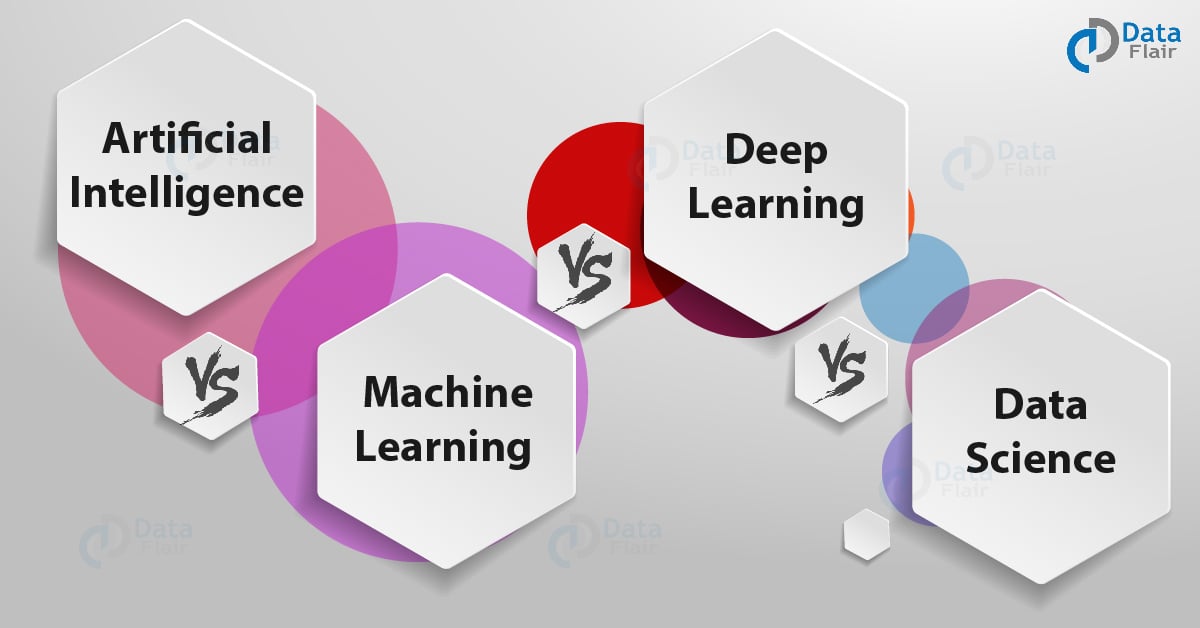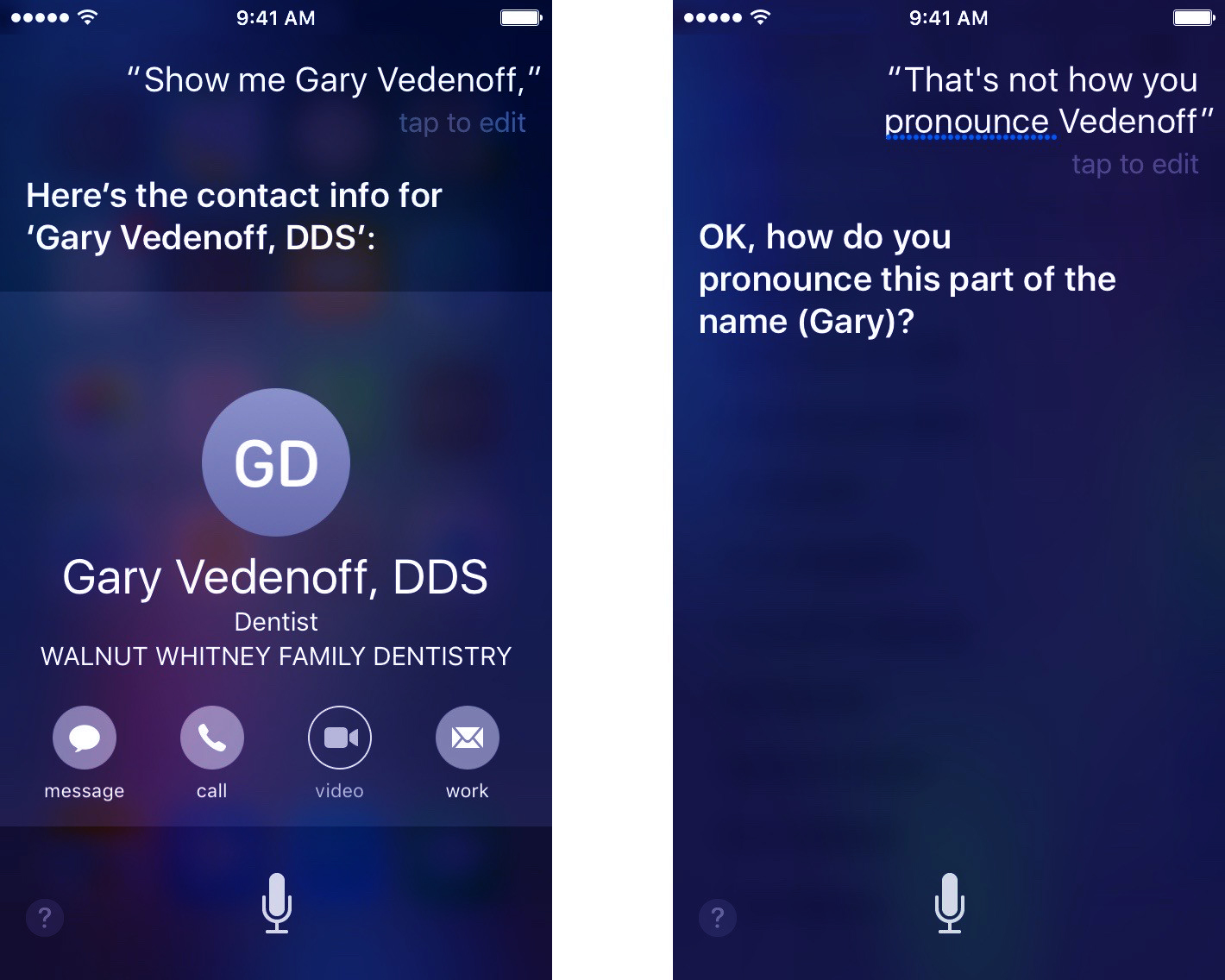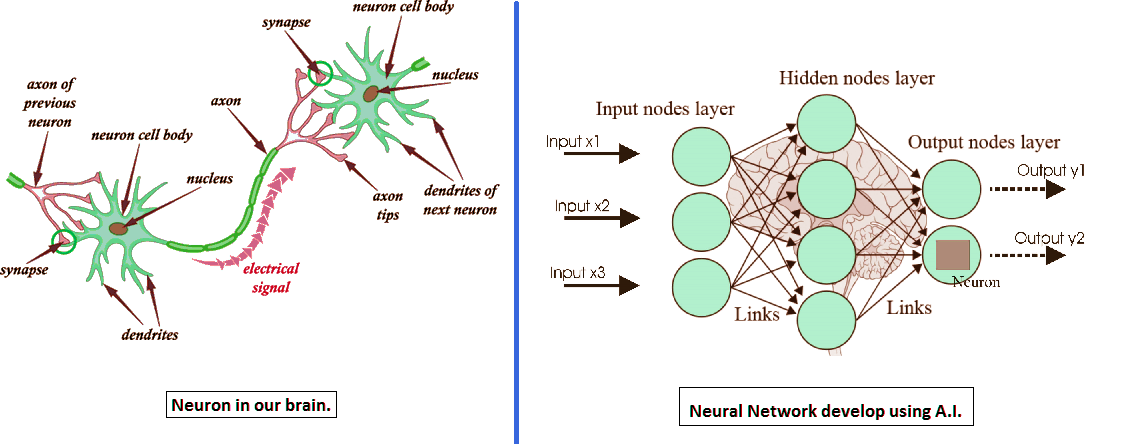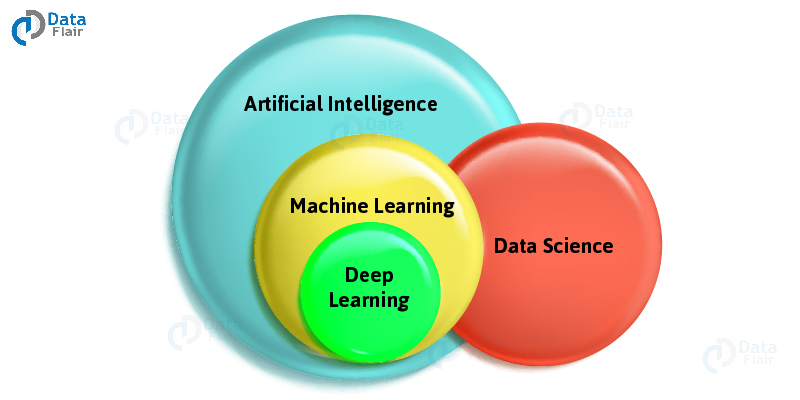Artificial Intelligence vs Machine Learning vs Deep Learning vs Data Science
Free Machine Learning courses with 130+ real-time projects Start Now!!
It is the 21st century, and technology is changing faster than ever. To meet the market current opportunities, we should know Artificial Intelligence vs Machine Learning vs Deep Learning vs Data Science.
These concepts have become buzzwords and lucrative career options. But we often see them being thrown around, when in fact, the terms are not interchangeable. The need to empower readers like you to tell them apart is what births this article.
So, are you ready to explore AI vs ML vs DL vs DS?
What is Artificial Intelligence?
As we step into a world fascinated by and obsessed with the term “Artificial Intelligence”, it becomes much easier to throw it around. But these are concepts that work together to invent a better, smarter world that is also more productive.
Artificial Intelligence, fondly abbreviated as AI, is concerned with imparting human intelligence to machines. It focuses on the development of intelligent machines that can think and act like humans; essentially, AI is intelligence such as machines display.
An intelligent agent is a device that can perceive its environment and act to optimize its chances of success. Such intelligent machines mimic human cognitive functions like learning and problem-solving.
Robots? AI. Self-driving cars? AI. Ava from Ex Machina? More AI.
AI deals with the following issues-
- Reasoning and Problem Solving
- Knowledge representation
- Planning
- Learning
- Natural Language Processing (NLP)
- Perception
- Motion and Manipulation
- Social Intelligence
- General Intelligence
But rather colloquially, they say “AI is whatever hasn’t been done yet.” Read further to find out how it is any different from similar concepts like Machine Learning and Deep Learning.
What is Machine Learning?
“Hey Siri, what is Machine Learning?”
Machine Learning is concerned with giving machines the ability to learn by training algorithms on a huge amount of data. It makes use of algorithms and statistical models to perform a task without needing explicit instructions.
There are three types of learning here:
- Supervised and semi-supervised learning
- Unsupervised learning
- Reinforcement learning
Machine Learning often deals with the following issues:
- Collecting data
- Filtering data
- Analyzing data
- Training algorithms
- Testing algorithms
- Using algorithms for future predictions
Common examples of this phenomenon are virtual personal assistants, refined search engine results, image recognition, and product recommendations.
What is Deep Learning?
Deep Learning is an approach to Machine Learning; one that focuses on learning data representations rather than on task-specific algorithms. It makes use of Deep Neural Networks, which are inspired by the structure and function of the human brain.
Such networks are made of a huge number of layers (hence, their name). Data transforms through multiple layers before producing the output.
Deep Learning is used for purposes like Natural Language Processing (NLP), drug discovery and toxicology, bioinformatics, and many more.
What is Data Science?
Data Science is the term for a whole set of tools and techniques by which to analyze data and extract insights from it. It makes use of scientific methods, processes, and algorithms to make this happen.
Essentially, its goal is to discover hidden patterns in raw data to help businesses improve and increase their profits. The term came to be a buzzword when in 2012, Harvard Business Review called it “The Sexiest Job of the 21st Century”.
The data science life cycle comprises of 6 phases:
- Discovery
- Data preparation
- Model planning
- Model building
- Communicating results
- Operationalizing
Artificial Intelligence vs Machine Learning vs Deep Learning vs Data Science
Let’s discuss deep into ai vs machine learning vs deep learning vs data science:
Artificial Intelligence
Artificial Intelligence is the intelligence that machines can portray- they can think and act like humans. They can perform logical reasoning, learning, and also self-correction. AI can make predictions and take decisions.
The takeaway here is that it can act. It only leaves us to wonder- can AI learn to feel? Can it learn to love?
Examples of Artificial Intelligence
While general AI is machine intelligence that can perform any intellectual task that a human can, narrow AI often does specific tasks and does it better than humans. While general AI is still a dream to achieve, the AlphaGo can be an example of narrow AI.
Another example can be Facebook’s face recognition technology. Recognizing faces is the one thing it does, and it does it well. Also note that IoT sensors provide data that trains ML algorithms, and ultimately improves AI. This benefits the adoption of IoT in return.
Machine Learning
Machine Learning is giving machines the ability to learn by training algorithms with huge amounts of data. This is great for making predictions.
For instance, if you show one such algorithm enough pictures of a puppy, it will identify one in a picture it has never seen before. Try it with pictures of Chihuahuas and those of muffins, or with pictures of white Pulis and those of mops.
Another interesting example is the website thispersondoesnotexist.com. It uses the ML algorithm Generative Adversarial Network (GAN) to create images of people that do not exist; it displays a new picture in 1024×1024 every time you refresh the website, and it does so in High-res.
How is this different than AI? Well, ML is an approach to AI (it is a way of achieving Artificial Intelligence). It is possible to achieve Artificial Intelligence without ML, but that can take millions of lines of code.
Deep Learning
Likewise, Deep Learning is an approach to ML itself and claims to benefit it. Deep Learning makes use of Deep Neural Networks, inspired by the structure and function of the human brain.
These networks are made of multiple layers that data must pass through before producing the output. Deep Learning improves AI by enabling many of its practical applications- DL makes it possible.
To put it into perspective, AI was birthed first. Then came in ML, which was an approach to AI. Finally, DL stormed in and made possible all that was still only to be dreamed of at the moment.
AI vs ML vs DL vs DS in a concise manner
Data Science
It is a field concerned with extracting insights from data by making use of scientific methods and algorithms so businesses can benefit. Data Science uses Machine Learning to analyze data and make predictions; this can also be used in utilitarian prospects.
Data Science combines ML with Big Data analytics and cloud computing. It focuses on solving real-world problems and always has a human involved (unlike AI, where it is the AI that takes the action).
As is apparent in the diagram, it has much in common with all of Artificial Intelligence, Machine Learning, and Deep Learning.
Summary for AI vs ML vs DL vs DS
Now you know to tell these technologies apart, and understand how they work together. What are your thoughts on what this could mean for jobs and the entire human race?
 Sophia, social humanoid robot by Hanson Robotics; the first robot to receive citizenship of a country.
Sophia, social humanoid robot by Hanson Robotics; the first robot to receive citizenship of a country.
So, this was all about Artificial Intelligence vs Machine Learning vs Deep Learning vs Data Science. Hope, you understood with examples.
Comment below for any query and suggestion.
Your 15 seconds will encourage us to work even harder
Please share your happy experience on Google










